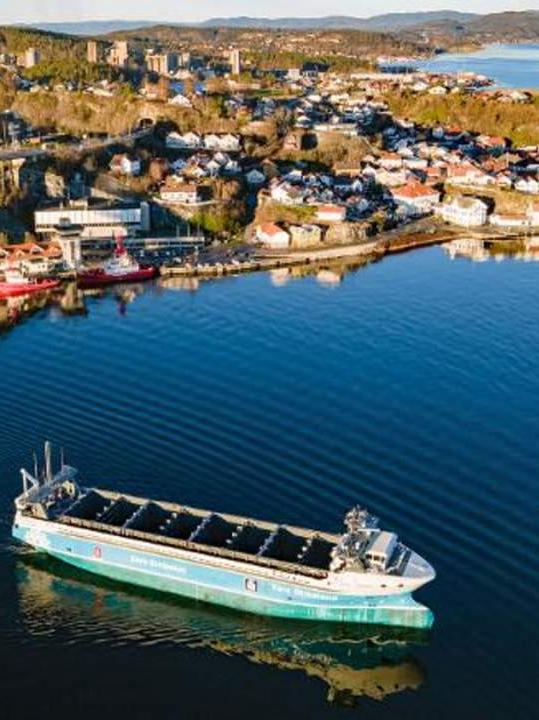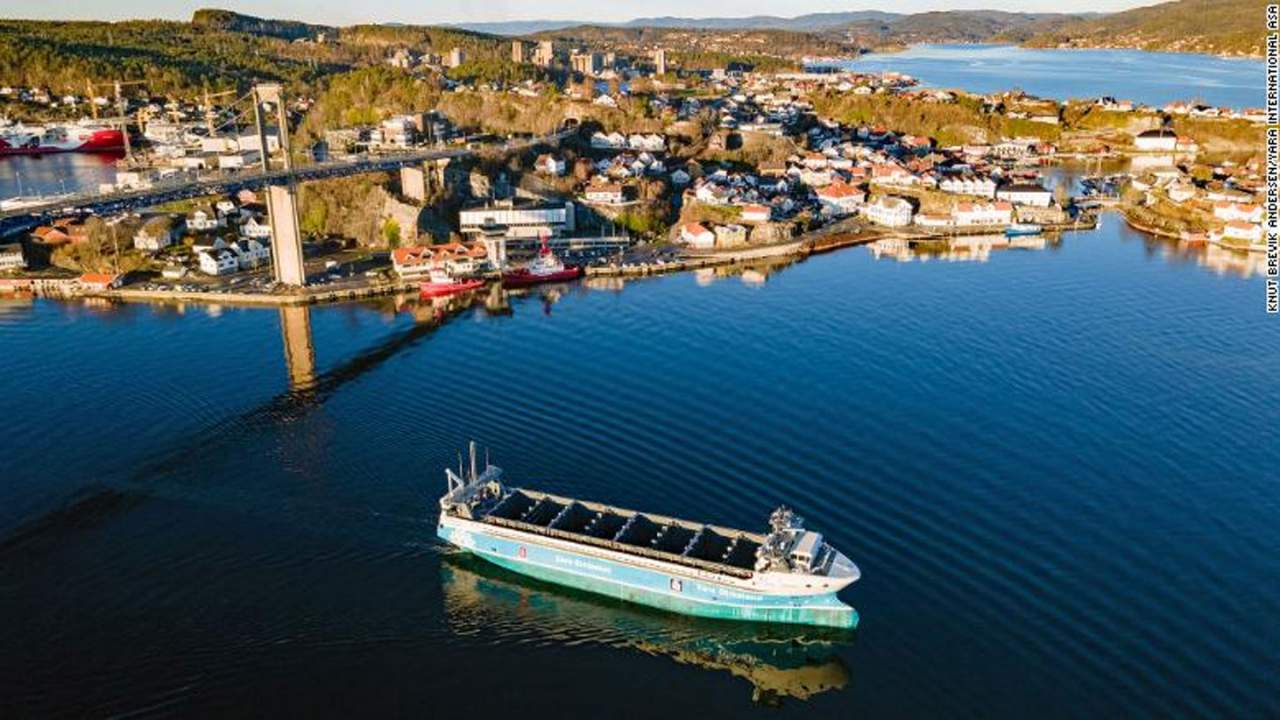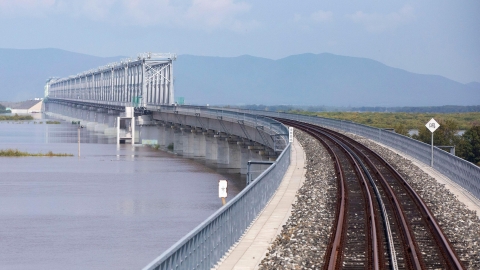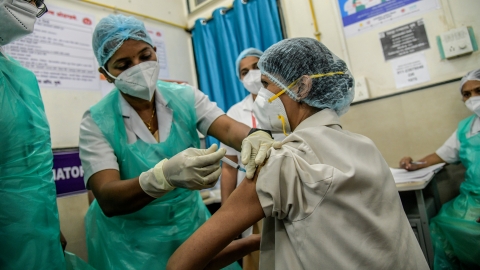This ship was first conceived in 2017, in collaboration with Kongsberg Maritime Technology Company and Vard Shipyard, and subsequently built by Yara International. The challenges to cargo transportation posed by the Covid-19 pandemic delayed the launch of the Yara Birkeland, which was originally planned for 2020.
If all goes according to plan, the ship, named Yara Birkeland, will set sail for the first time later this year, transporting cargo from the town of Herøya to Brevik (Norway) with a small crew on board to test its autonomous system. All commands executed on board will be remotely monitored by three data control centers on shore.
This isn't the world's first self-propelled waterway transport – Finland launched an unmanned ferry in 2018 – but the Yara Birkeland is the first electric cargo ship that doesn't require a crew.
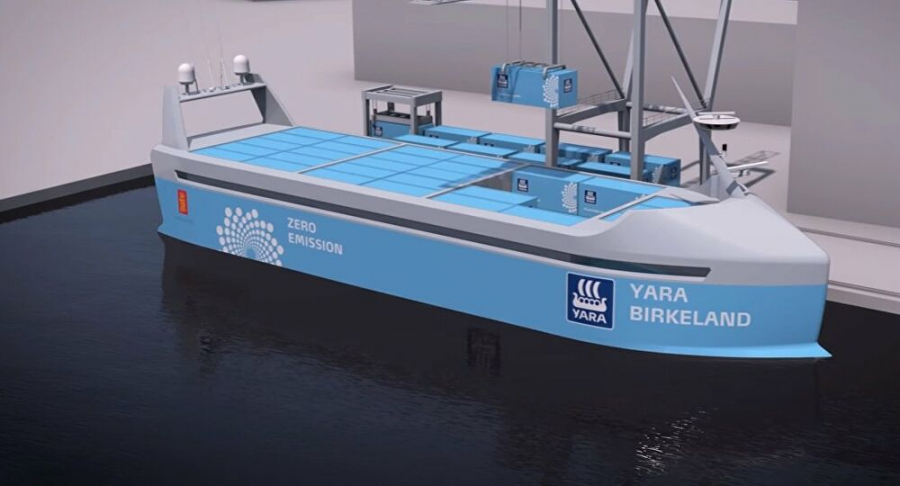
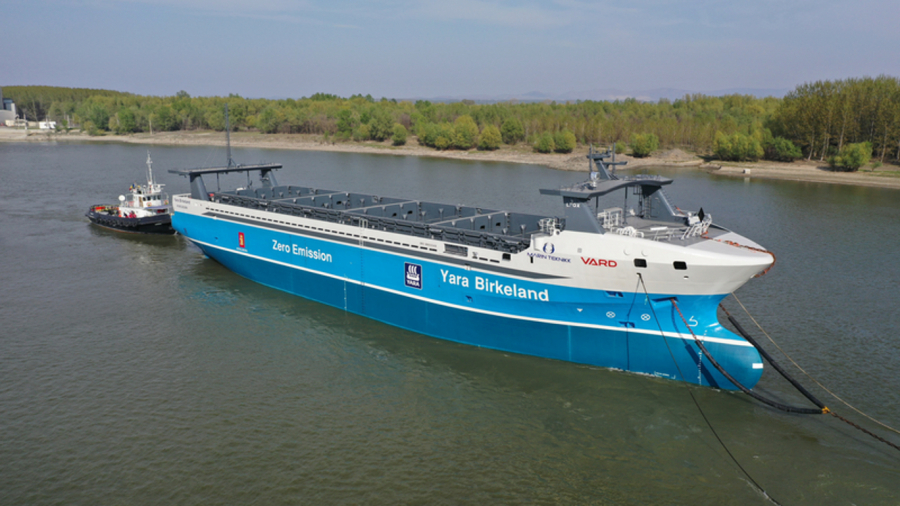
Jon Sletten, director of the Yara shipyard in Porsgrunn, Norway, said, "The Yara Birkeland is designed to run entirely on electricity and can carry 103 containers at speeds up to 13 knots (approximately 25 km/h)." According to Jon, the ship will be charged at the port and then "depart for cargo loading and unloading locations along the coast and automatically return; it alone can replace more than 40,000 truckloads of goods per year."
According to the International Maritime Organization, the shipping industry currently accounts for 2.5% to 3% of global greenhouse gas emissions. The Yara Birkeland not only reduces these emissions but also eases the cost burden for shipping companies by eliminating the need to hire a crew.
Rudy Negenborn, Professor of Maritime and Transport Technology at Delft University of Technology (Netherlands), said that fully autonomous vessels like the Yara Birkeland will soon become commonplace in the future. However, he also stated that there are many challenges that need to be overcome before autonomous vessels can be used for long-duration commercial voyages at sea.
"At some point, when we put large numbers of autonomous vessels like these into operation, these ships will have to start interacting with each other to exchange information and avoid collisions along their routes." And without a crew to check and maintain them, autonomous vessels will need integrated diagnostic systems capable of detecting and fixing problems, or knowing how to call for human assistance, and we still have a long way to go to reach that level. That's not to mention the legal issues when ships travel between countries.
"The Yara Birkeland is currently operating only along the Norwegian coast, but what if one day it could travel further, entering other territorial waters and areas? Who would be responsible if something went wrong?" Professor Negenborn said. "In any case, this is a distant prospect. I think we first need to focus on considering its autonomous functions to ensure they are suitable for the domestic transport industry."

 VI
VI EN
EN



